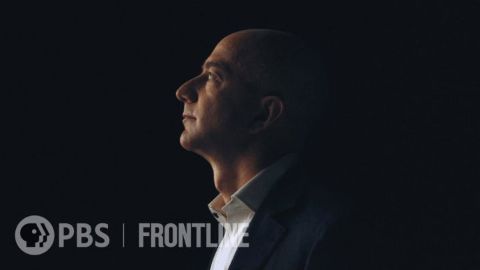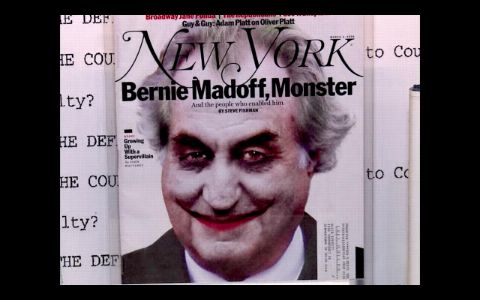Humans Need Not Apply
The robot revolution is here. It may seem like robots aren’t all that prevalent, but many people already have robot floor cleaners in their homes. Think Roomba. Most factories now leverage countless bots that never get tired or make mistakes. Soon, cars will be completely auto controlled. CGP Grey discusses the future of robots, and how jobs and the economy will change in this new video. What happens to the economy when most traditional jobs have been replaced by robots?
Make a donation
Buy a brother a hot coffee? Or a cold beer?
Hope you're finding these documentaries fascinating and eye-opening. It's just me, working hard behind the scenes to bring you this enriching content.
Running and maintaining a website like this takes time and resources. That's why I'm reaching out to you. If you appreciate what I do and would like to support my efforts, would you consider "buying me a coffee"?
Donation addresses
BTC: bc1q8ldskxh4x9qnddhcrgcun8rtvddeldm2a07r2v
ETH: 0x5CCAAA1afc5c5D814129d99277dDb5A979672116
With your donation through , you can show your appreciation and help me keep this project going. Every contribution, no matter how small, makes a significant impact. It goes directly towards covering server costs.





